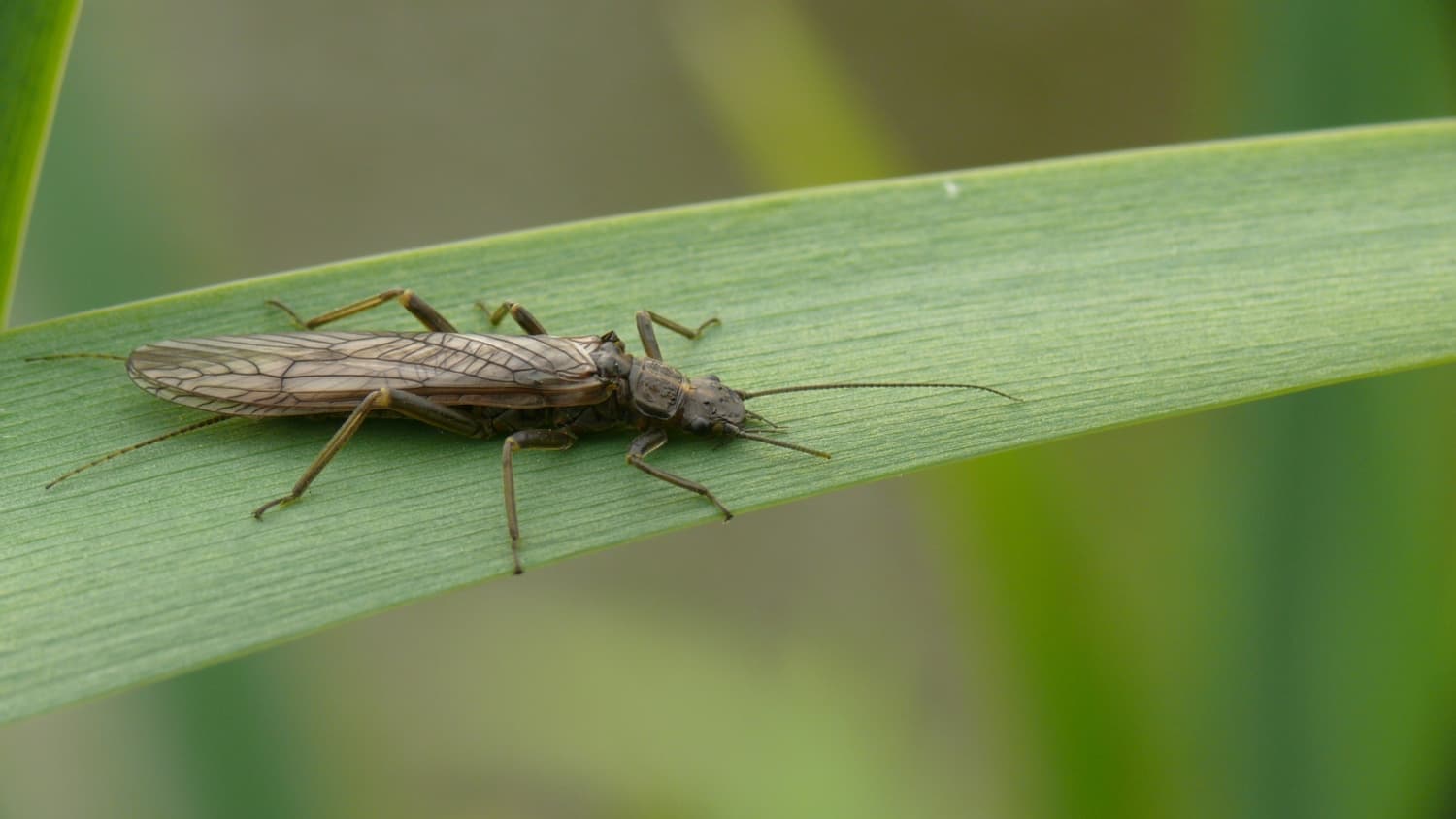Millipedes are threatened with extinction in France: here's why it's bad news

In addition to butterflies, bees , and dragonflies, less visible (and less cute) species are also in danger of extinction. On Tuesday, June 17, the International Union for Conservation of Nature published a new version of its Red List of Threatened Species in France.
"The assessment is worrying: one in five species of millipedes known as 'chilopoda' and one in three species of insects in the order 'pearls' are threatened in France," the IUCN explains in a press release, after examining the "little-known species of French fauna."
The former live primarily in forested areas, caves, or beaches. Invisible, they nest under stones or dead wood. While pearls, although living on land, find their safety tied to waterways, since their larvae develop in rivers or springs.
Although these tiny creatures are unknown to us, they remain important. "These species provide information on the quality of their environments. They are extremely sensitive indicators of the quality of their natural habitat. The slightest disturbance, such as changes in humidity, acidity, temperature, or pollution, can lead to their decline and then their disappearance," Florian Kirchner, head of species at the organization's French committee, explained to BFMTV.com.

But why are these creatures declining? On the one hand, human activity is disrupting their habitats. Overexploitation of forests, "mechanical beach cleaning," and human intervention in the water system partly explain these difficulties.
The other determining factor: the profoundly harmful effects of climate change. "These are species that bear witness to climate change; they are bearing the brunt of its effects," explains Florian Kirchner. Increasingly warmer temperatures during the summer, the gradual warming of waters, and rising temperatures in mountainous areas are all putting a strain on the survival of these arthropods.

The disappearance of these now-endangered species could lead to a problematic butterfly effect. In these ecosystems, each creature has its role in a carefully planned system, where the slightest oversight can prove dangerous.
"You have to zoom out because when you focus on specific groups, the cascading consequences are always broader. These species are part of an ecosystem and are linked to many other species," explains the specialist.
Millipedes, for example, serve to "regulate small invertebrates that live in the soil" and play a role in their regeneration. Reducing the number of individuals, or worse, their disappearance, would have serious and difficult-to-understand consequences.
Red listing should therefore serve as a "warning signal" with the aim of identifying the most urgent situations "and triggering actions to preserve species." Protecting environments, limiting the effects of climate change... something insects will not be able to do on their own.
BFM TV




%3Aquality(70)%3Afocal(3452x1878%3A3462x1888)%2Fcloudfront-eu-central-1.images.arcpublishing.com%2Fliberation%2F3VKAGGUPKZHRRDKCVX3J4ZPIH4.jpg&w=3840&q=100)